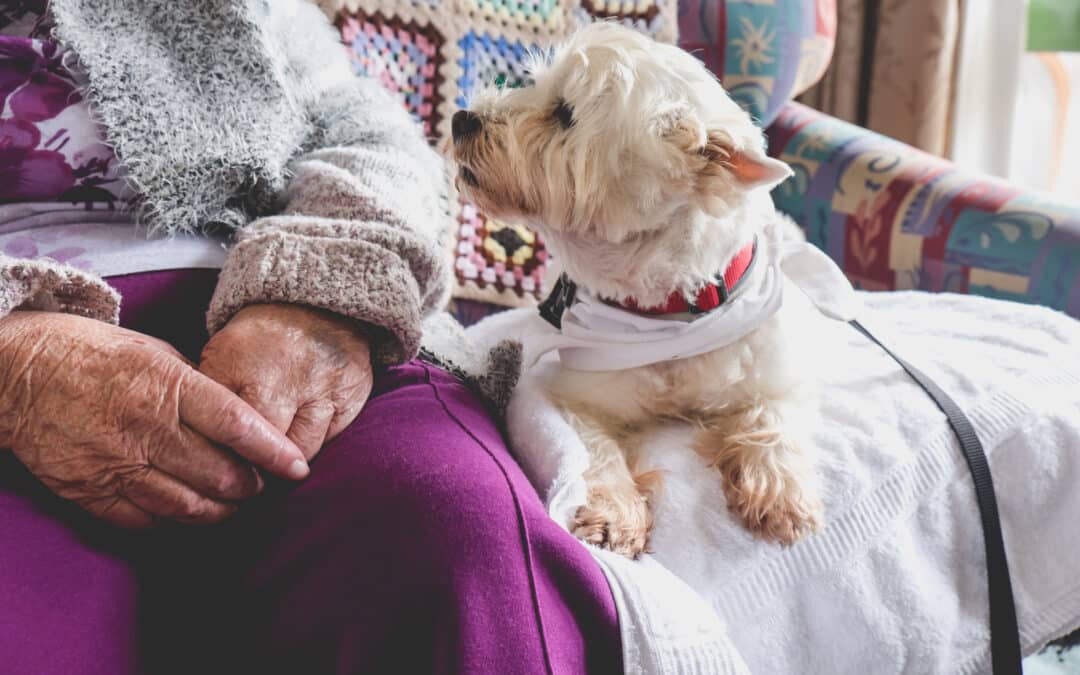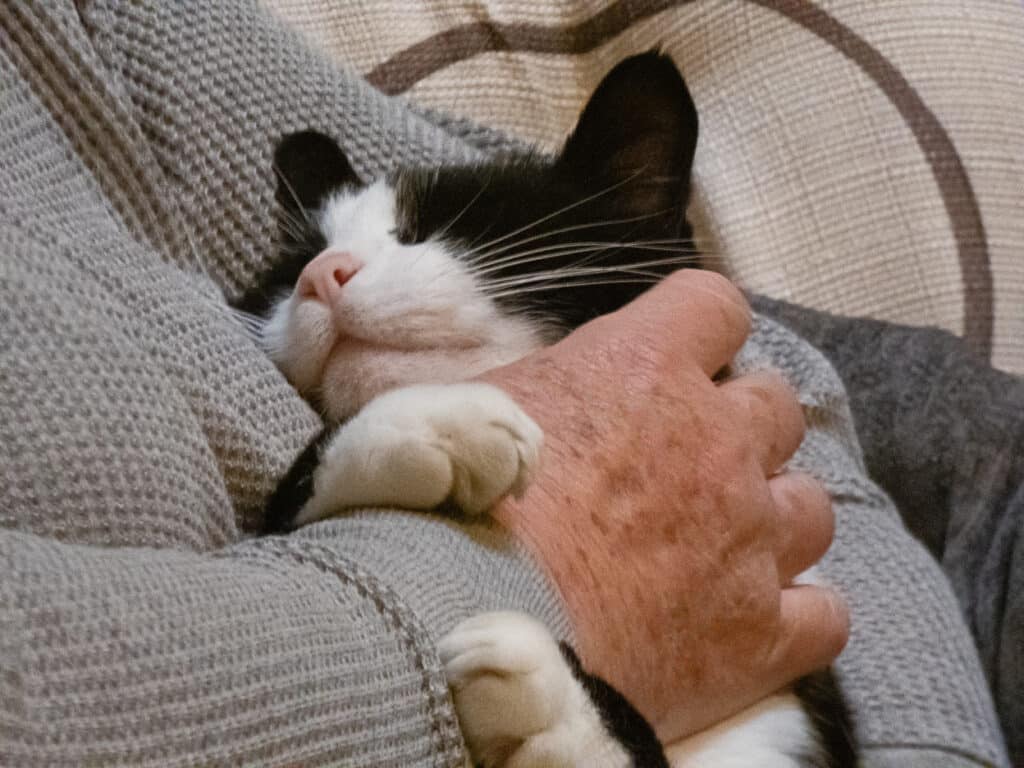As individuals age, maintaining both physical health and emotional well-being becomes increasingly important. Pet therapy, also known as animal-assisted therapy, has emerged as a valuable approach to enhance the quality of life for seniors. Engaging with animals can provide comfort, encourage activity, and foster a sense of purpose.
Emotional Well-being: Combating Loneliness and Stress
Loneliness is a significant concern among older adults, often leading to depression and anxiety. Pet therapy introduces consistent companionship, helping to alleviate feelings of isolation. Interactions with animals can trigger the release of endorphins, promoting a more positive mood and reducing stress levels. Even brief interactions with therapy animals have been shown to elevate mood and provide emotional support.
Physical Health: Encouraging Movement and Vitality
Engaging with animals often leads to increased physical activity. Activities like walking a dog or playing with a cat can improve cardiovascular health, enhance mobility, and promote overall vitality. For seniors who may struggle with motivation, the presence of a pet can provide the necessary encouragement to stay active.
Cognitive Stimulation: Enhancing Memory and Focus
For seniors experiencing cognitive decline, pet therapy offers gentle mental stimulation. Interacting with animals has been shown to improve memory recall and attention span. The presence of a therapy animal can also reduce agitation and promote calmness in individuals with dementia or Alzheimer’s disease.
Social Interaction: Building Connections
Pets often serve as social catalysts, encouraging interactions among people. Seniors participating in pet therapy sessions may find it easier to connect with others, reducing feelings of social isolation. Group activities involving animals can foster a sense of community and belonging.
Integrating Pet Therapy into Senior Care
Incorporating pet therapy into senior care routines can be achieved in various ways. Care facilities may host regular visits from therapy animals, while seniors living independently might consider adopting a pet suited to their lifestyle. It’s important to assess individual needs and capabilities to ensure a positive experience for both the senior and the animal.
Final Thoughts
Pet therapy offers numerous benefits for seniors, from emotional support and physical activity to cognitive stimulation and social engagement. By embracing the companionship of animals, older adults can experience improved health and a greater sense of happiness.
If you’re exploring care options for a loved one or have questions about what support is available, our team at Bernash Care Home is always happy to help. Get in touch today to speak with someone who understands the practical needs of older adults and how to make life more comfortable and connected.




